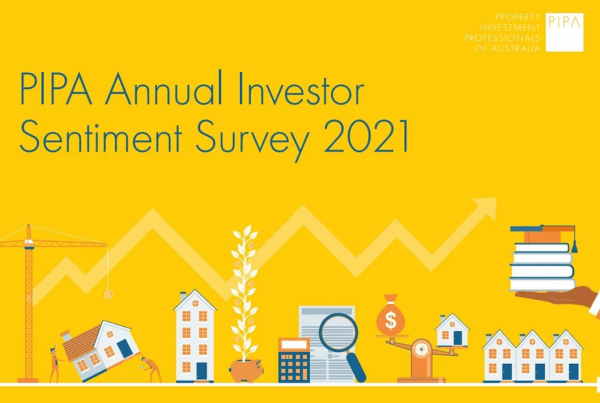When deciding which type of lease is right for you and your rental property, it’s important to consider your needs as well as those of the tenant. Furthermore, if you’re a landlord, it’s important to remember that a fixed-term agreement provides more security and the potential loss of income is far lower than with periodic tenancy agreements. As a Property Manager, we recommend these should be kept to a minimum in your portfolio. Ultimately, whichever lease agreement you choose will depend on your own individual requirements and those of the tenant.
What is a periodic leasing agreement VS a fixed term agreement?
When it comes to renting a property, there are two main types of tenancy agreements: fixed-term leases and periodic leases. With a fixed-term tenancy agreement, the tenant agrees to stay in the property for a set period of time, usually for six or twelve months. This agreement is not flexible and any changes would need to be requested in writing. A periodic tenancy, on the other hand, does have a definite start date, but no end date. It offers greater flexibility for the tenant but with less certainty for the landlord.
At the end of a fixed term agreement, if no action is taken to create a new a fixed term lease then the new lease will automatically convert to a periodic agreement.
What information do property owners need to know about Queensland’s periodic leases?
These are the things you need to know if you plan to offer a periodic lease in Queensland to your tenants.
Notice requirements: Both landlord and tenant must notify each other in order to terminate a periodic rental agreement. Legislation clearly defines different notice periods for different grounds when either party wish to terminate a periodical lease.
These are the minimum notice periods for a tenant to give for different grounds:
Please note there is a risk associated with periodical leases as the landlord may only give a Notice to Leave to a tenant for one of a specific set of grounds. These are the minimum notice periods for a landlord to give for different grounds:
Rent increases: You can increase rent during a periodic lease. However, the tenant must be informed in writing two months prior to any increase.
Bond: A bond is required if you are offering any lease in Queensland. If the rent is $700 or less per week, the bond amount is equal to 4 weeks rent. If the weekly rent is higher than $700, the amount of bond should be negotiated between the property manager/owner and tenant. The law gives no maximum amount where the weekly rent is higher than $700.
Maintenance and repairs: As the landlord, you are responsible to maintain the property and ensure that it is in a good condition. The tenant is responsible for maintaining the property in a clean and tidy condition and reporting any damages or repairs to you as soon as possible.
A periodic lease can be a great option for those looking for flexibility in their rental agreement. While there are both pros and cons to having a periodic lease, understanding the details of this type of tenancy can help renters decide if this is the right fit for them.
What are the Pros and Cons of a Periodic Lease?
Pros:
• Flexibility: A periodic lease allows tenants to dictate when they will end their agreement, with a shortened notice period.
• No fixed contract: This type of tenancy does not require tenants to commit to a fixed contract, which could be beneficial if they are unsure of how long they will need the rental.
Cons:
• Increased uncertainty: With no fixed contract, tenants or landlords may find themselves in a situation where they are unsure of how long the tenancy will last, or unable to remove a tenant from the property unless for one of a specific set of grounds.
• No legal protection: Unlike fixed-term leases, periodic leases do not offer tenants as much legal protection, as there is no guarantee that the tenant can stay in the property for an extended period of time.
• Increased risk for landlords: As there is no longer-term surety, landlords may find themselves with tenants leaving unexpectedly, giving them less time to find new tenants or prepare the property for new occupants.
Overall, understanding the pros and cons of having a periodic lease can help investment property owners decide if this type of tenancy is the right fit for them. It’s important to consider all possibilities and weigh up both the advantages and potential risks before signing any agreement.
If you would like to discuss this topic more, then simply call David Watt our Investor Relationship Manager on 0488 019 749.
For more information about lease agreements, please refer to the Residential Tenancies Authorities website.
House prices are on the move. Find out the value of your property now.
Get a free online property report from Hicks Real Estate. It takes seconds.








